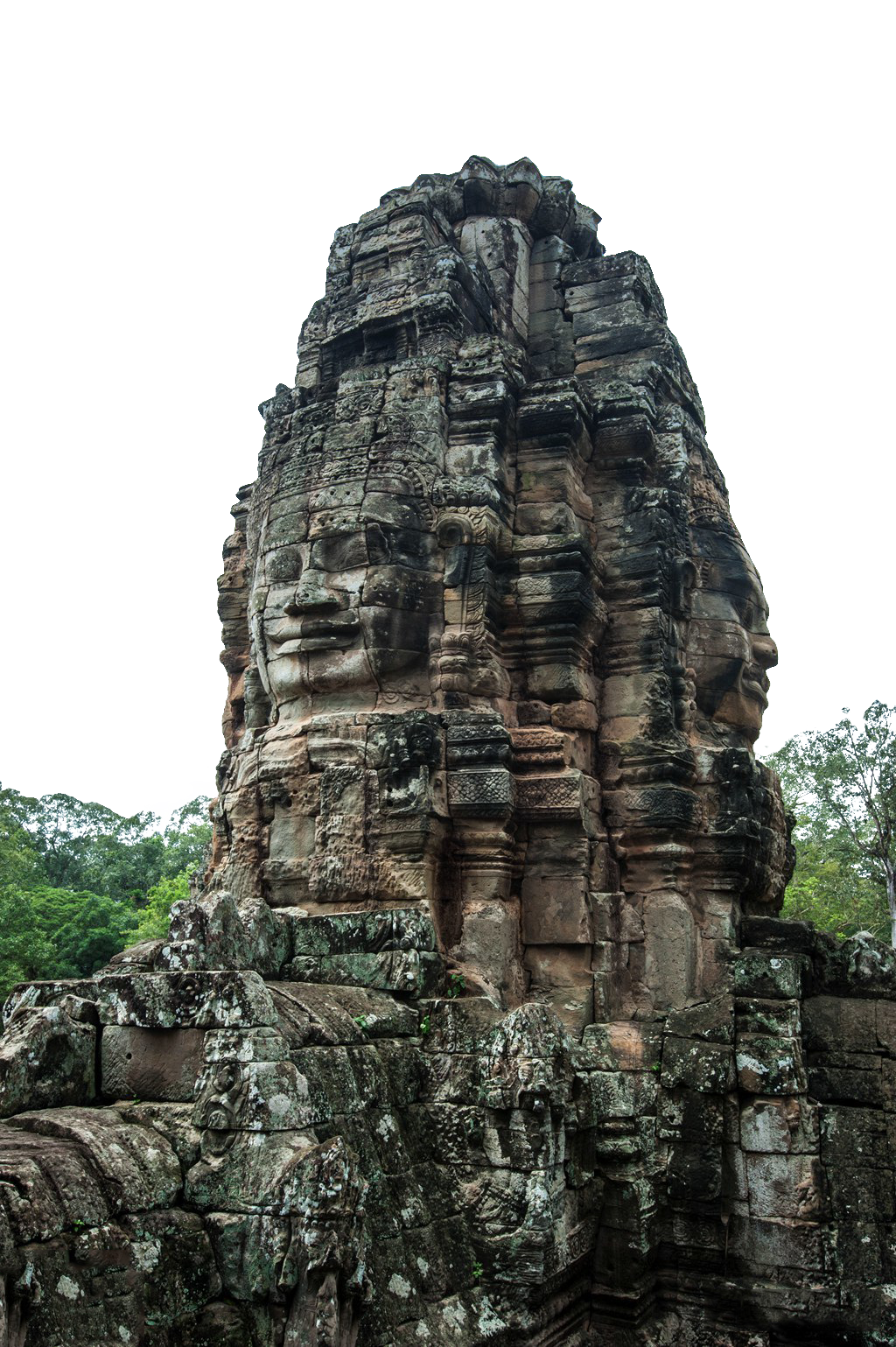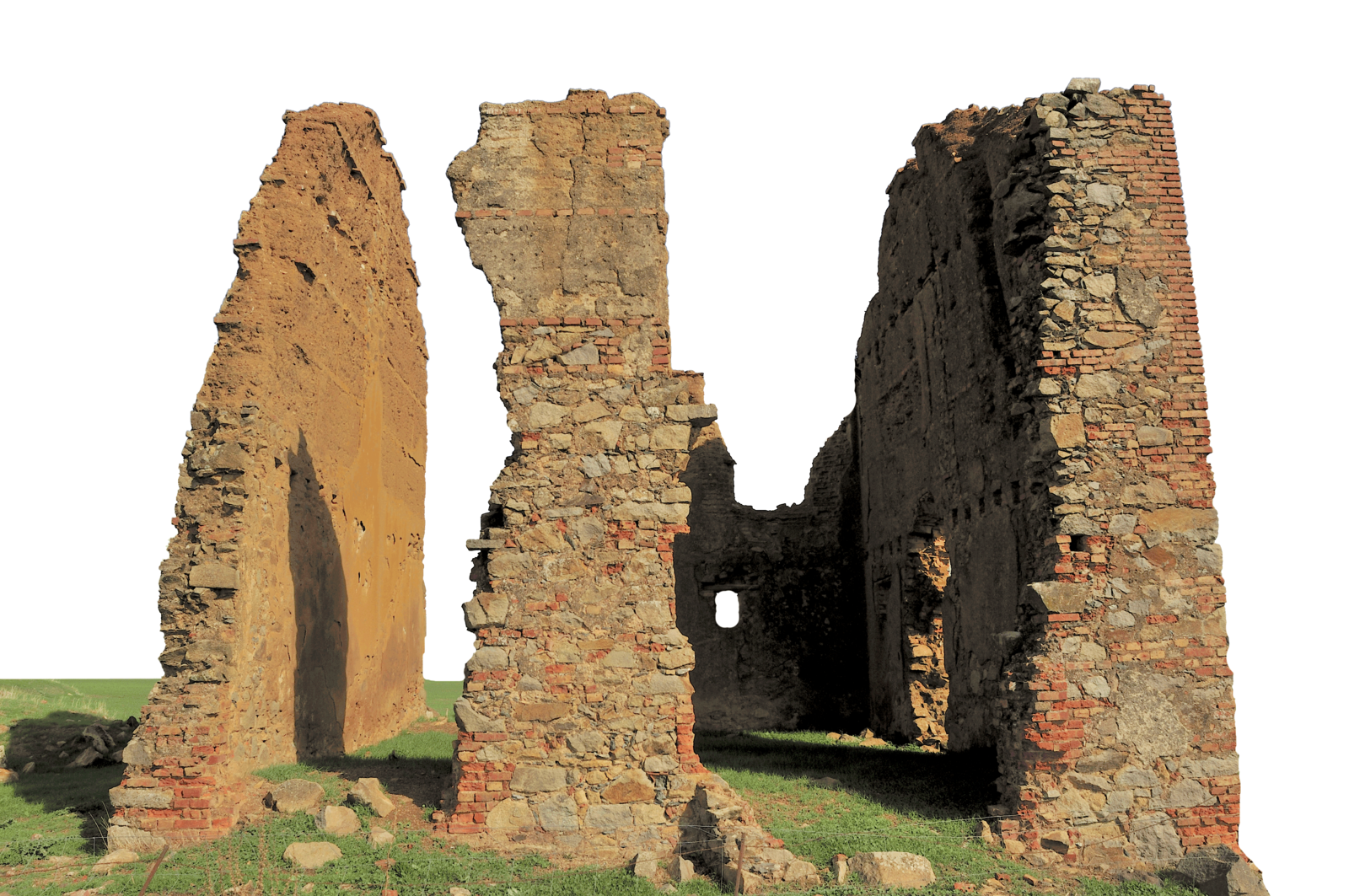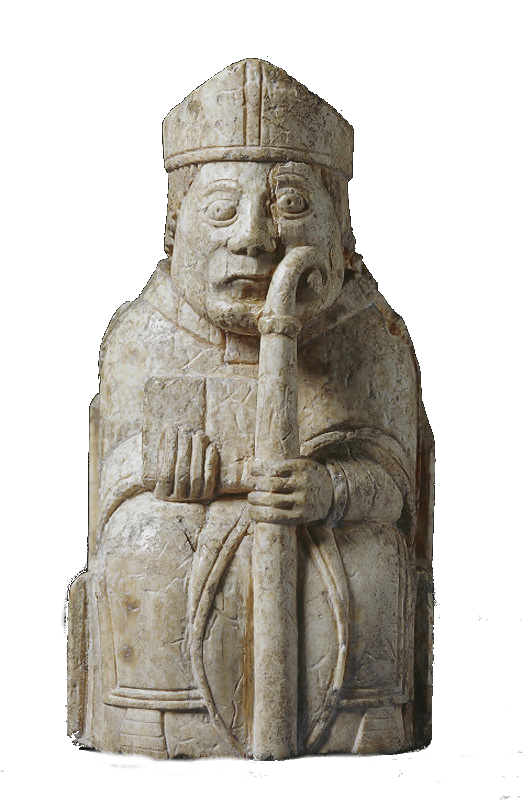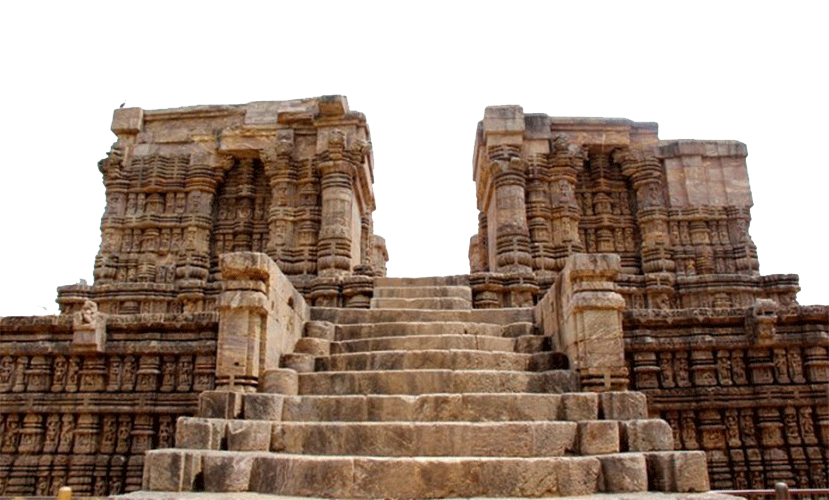Archaeology
Welcome to c/Archaeology @ Mander.xyz!
Shovelbums welcome. 🗿

Notice Board
This is a work in progress, please don't mind the mess.
- 2023-06-15: We are collecting resources for the sidebar!
- 2023-06-13: We are looking for mods. Send a dm to @fossilesque@mander.xyz if interested!
About
Archaeology or archeology[a] is the study of human activity through the recovery and analysis of material culture. The archaeological record consists of artifacts, architecture, biofacts or ecofacts, sites, and cultural landscapes.
Archaeology has various goals, which range from understanding culture history to reconstructing past lifeways to documenting and explaining changes in human societies through time.
The discipline involves surveying, excavation, and eventually analysis of data collected, to learn more about the past. In broad scope, archaeology relies on cross-disciplinary research. Read more...
Rules
- Don't throw mud. Be kind and remember the human.
- Keep it rooted (on topic).
- No spam.
- No pseudoscience/pseudoarchaeology.

Links
Archaeology 101:
Get Involved:
University and Field Work:
- Archaeological Fieldwork Opportunities Bulletin
- University Archaeology (UK)
- Black Trowel Collective Microgrants for Students
Jobs and Career:
Professional Organisations:
- Chartered Institute for Archaeologists (UK)
- BAJR (UK)
- Association for Environmental Archaeology
- Archaeology Scotland
- Historic England
FOSS Tools:
- Diamond Open Access in Archaeology
- Tools for Quantitative Archaeology – in R
- Open Archaeo: A list of open source archaeological tools and software.
- The Open Digital Archaeology Textbook
Datasets:
Fun:
Other Resources:

Similar Communities
Sister Communities
Science and Research
Biology and Life Sciences
- !anthropology@mander.xyz
- !biodiversity@mander.xyz
- !palaeoecology@mander.xyz
- !palaeontology@mander.xyz
Plants & Gardening
Physical Sciences
Humanities and Social Sciences
Memes
Find us on Reddit

view the rest of the comments
Thank you for your answer. Correct me if I'm wrong but this sounds like they are doing a lot of guess work in that. I'm really trying to wrap my head around it but basing your findings over 26 modern human populations and going back doesn't sound like solid way to go since you're looking for something you have and interpreting it based on that modern data while it can be something else and/or you're biased (like assuming that you have human DNA from dozen or more base pairs).
Also finding certain mutations sounds good but considering the rarity, the age of these findings, natural degradation and base pair counts in their findings makes it very iffy to believe it's exactly what they say it's. How can you be so lucky to find such discerning markers all the time and this consistently? It sounds improbable to me. I might be missing something in-between and I'm trying to find it but so far couldn't. If you or anyone else knows please let me know. Thanks in advance.
According to the paper, they tested ten different split-and-merge scenarios and this one was the most likely. But they give some important caveats, including:
They assume that the smaller group had a more-or-less constant population size—if it fluctuated significantly, some of their other predictions on the dating of the split and merge might be off.
They can’t rule out more complicated scenarios, like three or more splits and merges (but they can rule out the simpler scenario of no splits).
They do say that they tested their model on a number of other species (including chimps, bats, and dolphins), and got results consistent with those species’ known evolutionary histories.
So, basically they are working estimations, guesswork and their assumptions. I want to see the evidence that says yes this is what it's without any biased(all that estimations, guesswork and assumptions) information in it. This is my gripe with these DNA research. We share 98% or more of our DNA with a lot of other living beings yet these guys are like look here we found ATCG here and it must be human because we got this from human remains. While the human book is 3 billion letters long. What they found is open to all kind of interpretation and discussion but somehow nobody discuss these issues in this field.